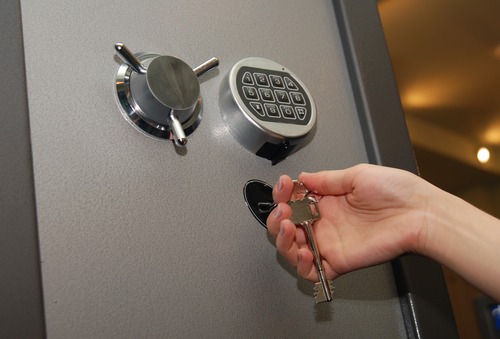 Getting older is a challenge in and of itself, let alone having to think about possibilities like nursing homes or long-term care centers. Add everything together and it can be overwhelming what you have to remember and make note of. It’s possible you could be wondering just exactly what rights you have in a nursing home that’s been certified by Medicaid or Medicare, and remember that you do have rights and protections under both federal and state laws. These laws work together to ensure you get the care and services you need, and there are numerous rights and protections. However, our focus now is on to protect a resident’s funds.
Getting older is a challenge in and of itself, let alone having to think about possibilities like nursing homes or long-term care centers. Add everything together and it can be overwhelming what you have to remember and make note of. It’s possible you could be wondering just exactly what rights you have in a nursing home that’s been certified by Medicaid or Medicare, and remember that you do have rights and protections under both federal and state laws. These laws work together to ensure you get the care and services you need, and there are numerous rights and protections. However, our focus now is on to protect a resident’s funds.
First off, if you decide to deposit money with the nursing home or you ask them to hold or account for your money for you, you have to sign a written statement saying you want them to do this. Next, the nursing home must allow you access to bank accounts, cash, and any other of your financial records. They also must have a system in place that ensures full accounting for any of your funds, and they are not allowed to combine your funds with those of the nursing home. Third, they have to protect your funds from any kind of loss by providing an acceptable protection, like buying a surety bond. Finally, if a resident who has a fund dies, the nursing home is required, by law, to return his or her funds along with a final accounting to the person or court who is handling the resident’s estate within 30 days.
If you or someone you love needs assistance with Elder Care law issues, call 856-281-3131. Let us help ease your stress and give you a plan.
